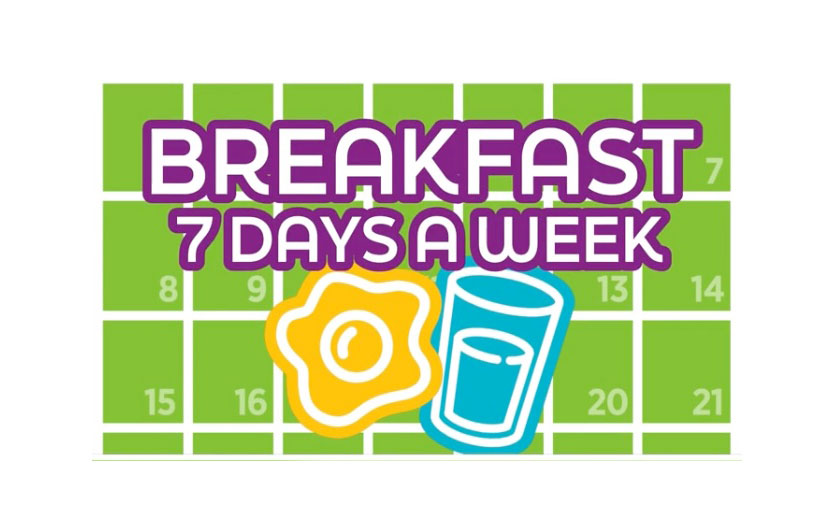What is intermittent fasting?
Intermittent fasting is a term for an eating pattern that cycles between periods of fasting and eating. It is currently a very popular trend. Intermittent fasting is more about when you eat, than what you eat.
Is it a healthy option for weight loss?
Weight loss is the most common reason people try intermittent fasting. If you are a healthy individual, it might be something you can try, but make no mistake, intermittent fasting is a fad diet. While it can provide fast weight loss, you have to ask if that weight loss can realistically be sustained over time. It’s difficult to go long periods without eating. When it is time to eat, to make a healthy, nutritious choice and not overeat is challenging. If you don’t eat often enough, your body goes into “starvation protection” mode, conserving calories, storing fat, and burning muscle (not fat) for energy.
If you want to lose weight and maintain it, it is important to make sure you have a balanced diet. The quality of food can help with hunger management and weight loss. By eating foods with low energy density, like fruits and vegetables, you will feel fuller longer. Also, eating at least three times per day can keep you feeling full and reduce hunger. This is good for weight loss. Eating fewer than three times a day puts you at risk for overeating and choosing less healthy foods.
How should one do it effectively?
Intermittent fasting involves splitting the day or week into "eating periods" and "fasting periods". During the fasting periods, you eat either very little or nothing at all. Common intermittent fasting methods involve daily 16 hour fasts, or fasting for 24 hours, twice per week. Here are a few examples of how to fast intermittently:
The 16/8 Method: Involves skipping breakfast and restricting your daily eating period to 8 hours, for example from 1 p.m. to 9 p.m. Then you "fast" for 16 hours in between. For example, you eat a larger meal at 1 p.m., then you fast for 8 hours, eat another meal at 9 p.m. and then fast for 16 hours. The following day you eat again at 1 p.m. and so on.
Eat-Stop-Eat: This involves fasting for 24 hours, once or twice a week, for example by not eating from dinner one day until dinner the next day.
The 5:2 Diet: On two non-consecutive days of the week, only eat 500-600 calories. Eat normally the other 5 days.
Why does it work (or why doesn’t it)?
Intermittent fasting works by making you eat fewer calories. All of the methods listed above will likely make you lose weight by eating less calories overall, as long as you don't over compensate by eating much more during the eating periods. True, maintainable weight loss is about lifestyle strategies to sustain a healthier lifestyle. Intermittent fasting may be difficult to do long term and can hinder your ability to make healthy, nutritious choices.
What are some of the risks or signs intermittent fasting is not appropriate for you?
If you have any medical condition(s), you should always speak with your doctor first. One of the most common side effects is hunger! These are long periods without eating anything. You may feel weak and have brain fog without nutrition. Intermitted fasting is definitely not appropriate for everyone. If you have a history of an eating disorder or are underweight, intermittent fasting is not for you. If you are diabetic, it is important to eat regularly throughout the day to maintain your blood sugar. If you do not eat for long periods, you could have hypoglycemia (low blood sugar), which can be very dangerous to your health. If you have low blood pressure or are taking medications, it is important to consult your doctor first. If you are trying to conceive, pregnant or breastfeeding, intermittent fasting is not for you.
Are there any conditions that benefit from intermittent fasting?
Intermittent fasting can reduce insulin resistance, which can help lower your risk for Type 2 diabetes. In human studies on intermittent fasting, fasting blood sugar has been reduced by 3-6 percent, while fasting insulin has been reduced by 20-31 percent. However, there may be some differences between genders. One study in women showed that blood sugar control actually worsened after a 22-day intermittent fasting protocol. Some studies show reductions in markers of inflammation, a key driver of many chronic diseases. Intermittent fasting may also reduce LDL cholesterol and blood triglycerides, all risk factors for heart disease. More human research does need to be done to back up these studies for long term results.
The bottom line.
A balanced diet and behavior modifications are key to weight loss and maintenance. If you make the right choices, you can essentially eat more and lose weight. These choices include lean proteins, fruits, vegetables, whole grains and healthy fats. Getting plenty of water and eliminating high sugar drinks is also very important. I would recommend keeping a daily food log for a week to see where changes can be made in your diet before doing something as drastic as intermittent fasting to try to lose weight.





